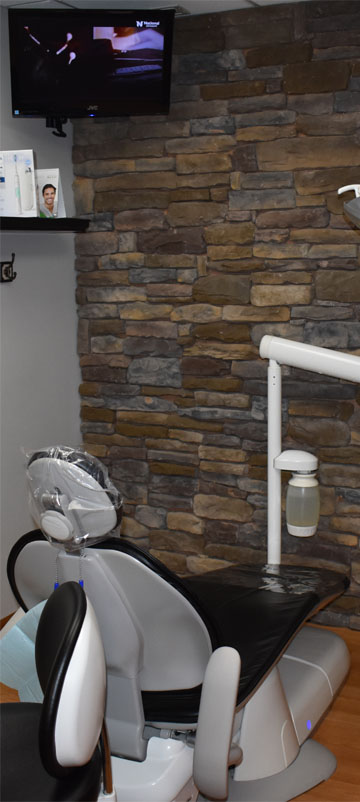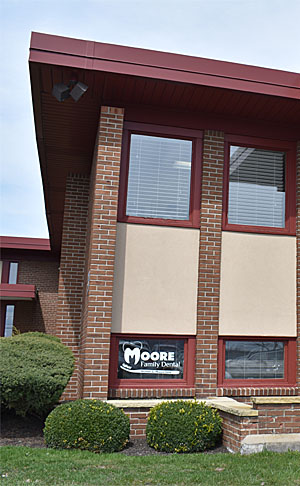 Have you ever wondered about wisdom teeth? Where does the name come from? Why are wisdom teeth removed in so many cases? You can find answers to these and other questions here; consider this your wisdom teeth primer.
Have you ever wondered about wisdom teeth? Where does the name come from? Why are wisdom teeth removed in so many cases? You can find answers to these and other questions here; consider this your wisdom teeth primer.
Wisdom teeth, which are sometimes referred to as third molars, “are the last teeth to erupt in your mouth. This generally occurs between the ages of 17 and 25, a time of life that has been called the ‘Age of Wisdom.’” It is important to note that some people do not have wisdom teeth; this is not abnormal in any way.
For our ancestors, wisdom teeth were not a problem. “Anthropologists note that the rough diet of early humans resulted in the excessive wear of their teeth. Normal drifting of the teeth to compensate for this wear ensured that space was available for most wisdom teeth to erupt by adolescence.” Today’s diet is not so rough; this factor, combined with the fact so many people wear braces or other appliances to correct orthodontic issues, accounts for the fact that modern mouths can no longer accommodate these late-erupting teeth.
But, must they always be removed? “Sometimes these teeth can be a valuable asset to the mouth when healthy and properly aligned….” However, leaving them in may lead to problems later on: “Retention of visible third molars makes people more susceptible to periodontal disease around the second molar in middle age and later, according to research published in the Journal of Oral and Maxillofacial Surgery. Adults aged 52–74 who had had their ‘wisdom teeth’ removed were one-and-a-half times less likely to have periodontal disease at that site.
Too often, however, they are not aligned properly; when that is the case, they can cause a variety of problems. In addition to becoming impacted, which means the tooth may grow in at an improper angle, wisdom teeth can cause crowding and damage to surrounding teeth. In many cases, wisdom teeth are removed before problems develop. “This is done to avoid a more painful or more complicated extraction that might have to be done a few years later. Removal is easier in young people, when the wisdom teeth roots are not yet fully developed and the bone is less dense. In older people, recovery and healing time tend to be longer.”
If your wisdom teeth are to be removed, you will receive anesthesia for the procedure; the complexity of the extraction will depend on how many teeth are going to be removed and whether they are impacted, among other factors. The staff at Moore Family Dental is always happy to address any questions or concerns you may have regarding dental treatment and options.
Dr. Moore will provide you with specific instructions for the procedure, including some things you must do to prepare for it and some follow-up tasks. Be sure to follow them because they are provided to ensure your health and comfort. If you follow the instructions, you can avoid complications and make your recovery as quick and painless as possible. In addition, the dentist will advise you to call in the event of certain issues that could signal the presence of an infection or other problem.
If you have any preliminary questions, please feel free to contact us.



